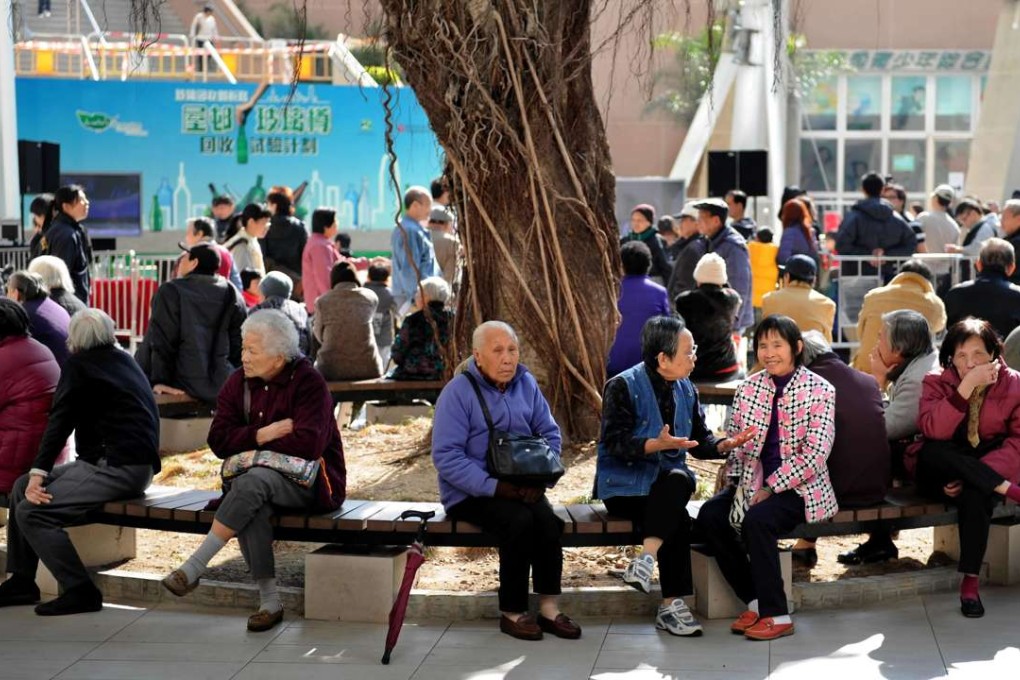Something has to give as population ages
Hong Kong should take a holistic approach to tackling the issues: raising the retirement age, encouraging more women to participate in the work force, and improving care services for the elderly and young

New data showing an accelerated pace of ageing of our population updates the challenges facing the city as a result of a low birth rate and rising life expectancy. These include pressure on health care and other social services, as well as a generation that will increasingly find itself caring for both the elderly and children. This raises the question of the city’s attachment to a retirement age of 60 or 65. Some greying societies are adjusting to ageing by raising the retirement age or ending forced retirement in favour of more flexible choices, delaying dependence on retirement income and welfare and helping families care for the elderly.
Hong Kong is not alone in continuing to put too many people out to pasture when their ability to lead a productive life remains unimpaired. But it has to be a worry in this city when the government expects one-third of the population to be elderly by 2041, compared with 16 per cent who are over 65 now. It means we are looking at two working-age adults to support each senior.
Over-60s do account for nearly 10 per cent of the workforce now compared with 3 per cent a decade ago. However, the waste of human resources – people are the city’s most valuable asset – gathers pace as the age of 65 looms. It is not uncommon for people now aged 70 to have many of the capacities once associated with people who were 55 to 60. We need to look at experience elsewhere, such as Japan, where nearly 30 per cent of its population is now over 65 and 12 per cent of them remain in employment. This puts concerns about the strain on support services in perspective.
That said, retiring people say between 65 and 70 is easier said than done. Employers could be looking at higher insurance premiums for older staff and the impact of lower staff turnover on youth opportunities would be sensitive. On the other hand, efficient use of resources would be positive for economic growth and jobs.
